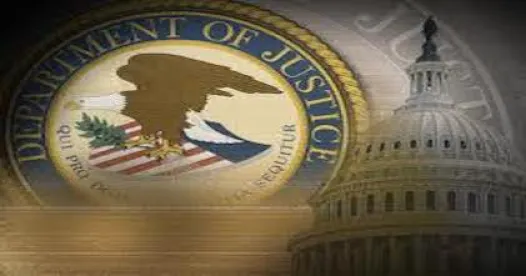Recently the U.S. Department of Justice (DOJ) issued a statement that it had intervened in a False Claims Act (FCA) case against Insys Therapeutics, Inc. and consolidated five separate qui tam cases into one case, U.S. ex rel Guzman v. Insys Therapeutics, Inc., filed in the U.S. District Court for the Central District of California. The complaint revealed that multiple states—California, Delaware, Florida, Georgia, Hawaii, Illinois, Indiana, Louisiana, Michigan, Minnesota, Montana, Nevada, Massachusetts, New Hampshire, New Jersey, New Mexico, New York, North Carolina, Oklahoma, Rhode Island, Tennessee, Texas, Virginia, and Washington—as well as the District of Columbia, have also joined the case.
The complaint alleges that Insys paid medical professionals kickbacks to increase prescriptions for Subsys, a sublingual fentanyl spray that is FDA-approved for treatment of breakthrough pain in adult cancer patients already on opioid therapy. According to the complaint, Insys also encouraged physicians and nurse practitioners to prescribe Subsys for off-label uses and lied to federal health care programs, including Medicare and TRICARE, about patient diagnoses to ensure reimbursement.
The DOJ appears to be taking a particularly aggressive stance in cases involving opioid manufacturers, which dovetails with broader increased government scrutiny of opioid manufacturers and prescribers as part of the effort to reduce opioid addiction across the country. Acting Assistant Attorney General Chad Readler of the DOJ’s Civil Division reflected this position by saying, “Improper financial relationships between physicians and drug companies can distort a physicians’ best judgment for their patients, in addition to undermining patient health and trust. This is especially troubling when the drugs are opioids.” U.S. Attorney for the Central District of California Nicole Hanna also said, “Our intervention in these cases is just one part of the Justice Department’s multi-pronged efforts to combat the opioid crisis.”
This civil case against Insys comes on the heels of the October 2017 indictments charging the founder and several executives of Insys with RICO conspiracy, conspiracy to commit fraud, and conspiracy to violate the Anti-Kickback Law charges. We reported on those criminal charges previously in our Health Care Enforcement Review and 2018 Outlook post.




 />i
/>i
